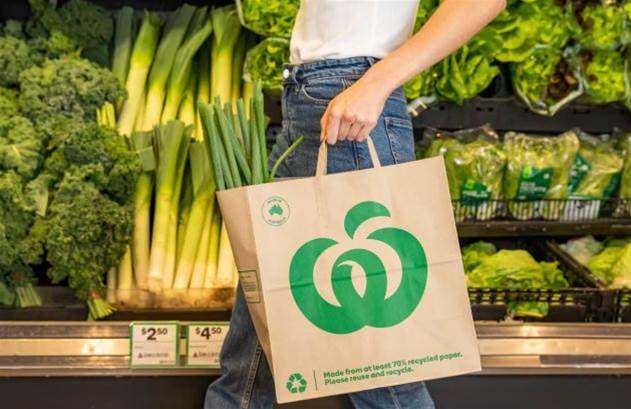Woolworths Group has been named the global leader in its efforts to have a transparent and responsible supply chain within the food and beverage industry.

Named number one by the KnowTheChain benchmarks, it assesses a company’s performance in three areas, human rights due diligence, board accountability, supply chain tracing and risk assessment; responsible recruitment of migrant workers; access to remedy and remedy outcomes.
Woolworths Group received a score of 56, and Coles Group received a 46 coming in fourth on the ranking.
According to KnowTheChain, its benchmarks aim to help companies protect the wellbeing of workers by incentivising companies and identifying gaps in each sector evaluated.
Recruitment fee remediation to workers who have wrongly paid for a job can also amount to substantial financial liabilities for companies.
According to the report, Woolworths Group disclosed that close to $1 million worth of repayments are being made to 990 workers by suppliers in 2022.
In terms of risk assessment processes, the report highlighted that Woolworths Group reported identifying extreme risks of forced labour in Malaysia and in relation to domestic migrant workers in China and Vietnam, increased risks in Thailand and Vietnam, and high forced labour risks in Bangladesh and India.
Alex Holt, chief sustainability officer and non-executive director at Woolworths Group posted about the ranking on LinkedIn, “Importantly, this assesses tangible outcomes and impact companies have. None of our progress is possible without the partnership and collaboration of our team, NGOs, industry and trade partners. Thank you.
“We know there is so much more to do, and will continue to strive to improve our approach, partnering with others to drive change throughout our collective supply chains.”
Arthur Van Mansvelt, senior engagement specialist at Achmea Investment Management, one of the investment firms behind KnowTheChain said, “The latest KnowTheChain benchmark provides stark evidence that despite over 10 years of the UNGP framework, human rights due diligence and reporting is still nascent among most food and beverage sector companies accessed.
“This should serve as a call to action for investors to challenge existing practice and use their leverage to disincentivise business actions that lead to worker exploitation and abuse.”
The KnowTheChain benchmark report prioritises policy and process implementation in assessing whether companies’ actions to address forced labour risks in their supply chains result in meaningful improvements for workers.


_(28).jpg&h=140&w=231&c=1&s=0)
_(20).jpg&h=140&w=231&c=1&s=0)
_(33).jpg&h=140&w=231&c=1&s=0)






 iTnews Executive Retreat - Security Leaders Edition
iTnews Executive Retreat - Security Leaders Edition
 iTnews Benchmark Awards 2026
iTnews Benchmark Awards 2026
 iTnews Cloud Covered Breakfast Summit
iTnews Cloud Covered Breakfast Summit
 The 2026 iAwards
The 2026 iAwards












_(1).jpg&h=140&w=231&c=1&s=0)



